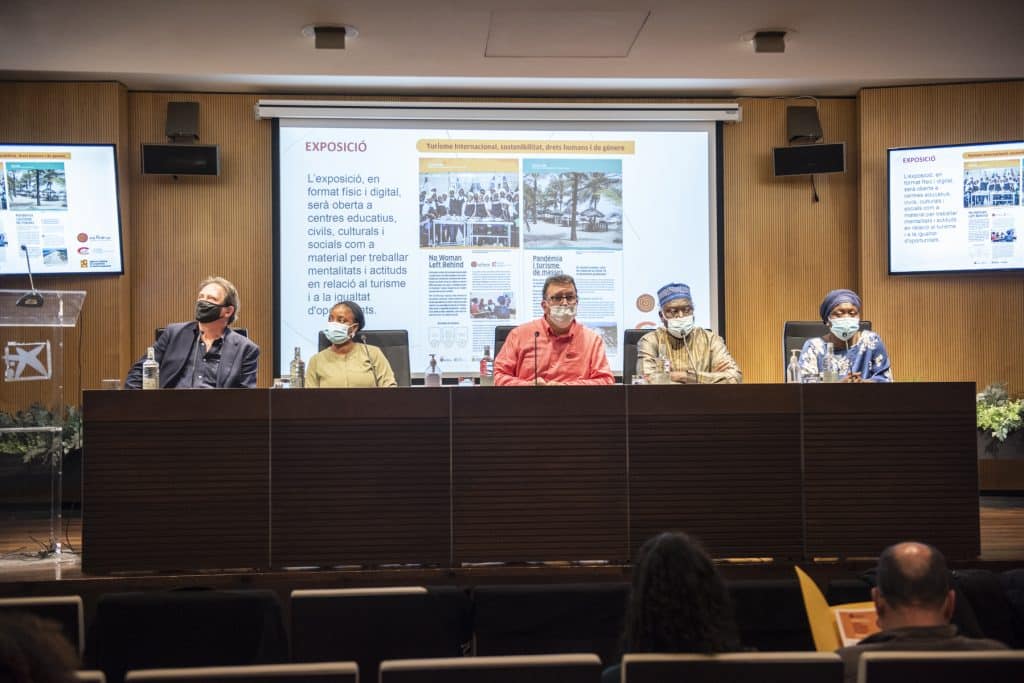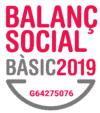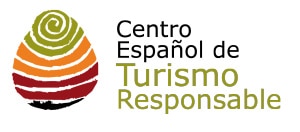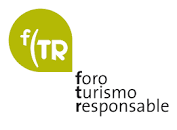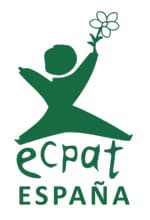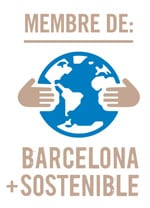One of the main conclusions of the International Conference organized in Barcelona by Ethnic and the ITTOG of Gambia is to have noted the potential of women in the transformation of mass sun and beach tourism into a more sustainable and responsible model in the countries of the South . Another is that the opportunity presented by the stoppage of tourism at global level caused by covid should not be missed to move towards this new responsible model, defined by the TRS principles of Citad del Cap and the Agenda 2030 of the United Nations.
The International Conference ” Tourism, Sustainability, Human and Gender Rights ” has gathered on November 11, 2021 at the Palau Macaya facilities of the La Caixa Foundation an outstanding representation of academic personalities, teachers, professionals and volunteers from the NGOs and public administration. Also to representatives of travel agencies that work under sustainability guidelines.
Results and testimonies of the “No Woman Left Behind” project
As part of the Conference, the results of the project were presented “No Woman Left Behind ” which they have been carrying out since January 2021 Ethnic and theITTOG in Gambia, the collaboration of the Gender Platform and the support of theACCD of the Generalitat. The student Fatou Haydara, victim of human trafficking, highlighted the formative and biographical impact that the project has had for the participants and the personal and professional horizon that opens up to her from now on. Tabu Sarr , president of the Gender Platform, detailed the difficulties that Gambian women, victims of a very patriarchal society, have to work in conditions of justice and equity in the tourism sector. Adama Bah, president of ITTOG explained the successful formula that his school of sustainable tourism has been applying for a few years to bring a new generation of female entrepreneurs to Gambian society. Xavier Estivill and Marta Canals , from the consultancy firm Momentum, presented the first results of the project, which they are tasked with evaluating externally. And they highlighted the satisfaction that the survey results show on the part of the participants.
Academic interventions: we are far from the SDGs of the 2030 Agenda
The initial intervention was carried out by Dr. Ernest Cañada , who questioned whether tourism (as it is currently proposed) can be an engine of development. Dr. Oscar Casanovas , director of the degree of tourism abounded in the distance between the current tourism model and the one planned for 2030 by the United Nations. from the CETT School Professor Núria Abellan dealt with stereotypes and labels in the so-called lgbt tourism or gender tourism. Dr. Adriana Kaplan , director of the Wasu Foundation , shared her experience in the fight against female genital cutting in West Africa and especially in The Gambia. Doctoral student Alejandro González presented data that illustrates the link between mass sun and beach tourism with the precariousness and social exclusion of the people who work there. Antje Monshausen, from Germany, went deep into the uncertainties and gaps that the 2030 Agenda raises.
Town councils, Government and NGOs committed to human and gender rights
In another round table, representatives of the Catalan Cooperation Fund , Joan Ribas, and Montse Santolino, director of La Fede, the Catalan coordinator of NGOs, explained the work of solidarity municipalities and local NGOs in the defense of human rights and gender in West Africa. The Director of the Santander Foundation’s BestÁfrica program, Gabriel Vilora , shared the responsible tourism projects that his organization has helped to create in Gambia, Senegal and Morocco, illustrating the fact that transformative approaches with a gender perspective are possible and help change.
Pep Barnades , from Viatges Altair and Felisa Palacio from Viatges Tarannà argued from their experience the need to change the dominant paradigm in travel planning. And they explained how they’ve been doing it for at least two decades.
Support from the Catalan Cooperation Agency
The Conference was opened by the Director of the Catalan Cooperation Agency of the Generalitat, Carme Gual , who encouraged the organizers to continue working on projects like the current ones that link the transformation of tourism to empowerment in human rights and gender of local populations. Jesús Martín and Jordi Tolrà , president and program director of the Ethnic Association, explained the fund goals of the organization and those of the No Woman Left Behind program, respectively, and moderated the debate tables.

